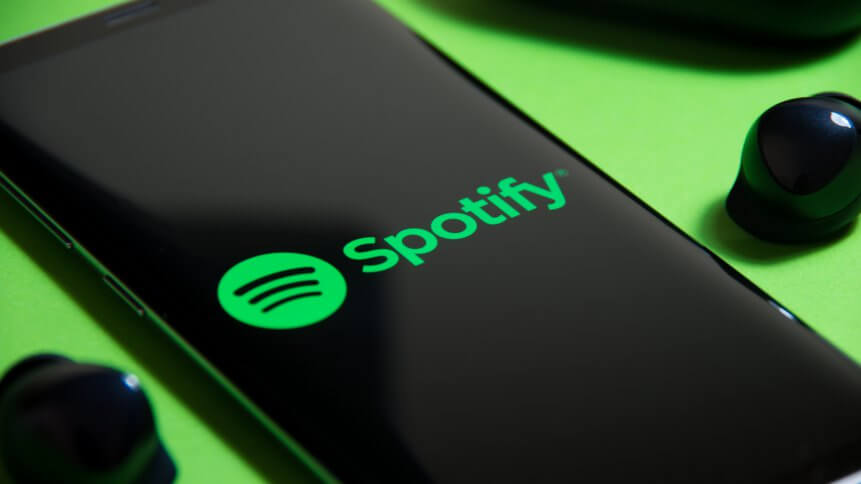Personalization 2.0? Spotify wants to listen to your emotions

- Spotify has filed a patent that will enable it to use speech analytics to identify users’ emotions
- The platform could then make personalized recommendations for content based on their current mood and environment
- Patent raises big questions over privacy, as brands seek more sensitive personal data to personalize their products
Music streaming subscription platform Spotify has patented technology that will personalize content recommendations based on the “emotional state, gender, age, or accent” of the user.
With over 286 million active users, Spotify already provides personalized recommendations based on listeners’ habits and preferences. But the patent, which was filed in 2018 and granted this month, will enable the firm to use speech recognition technology to “make observations” about the user’s environment and emotions, and serve relevant suggestions.
In the patent application, Spotify said, “It is common for a media streaming application to include features that provide personalized media recommendations to a user.
However, it describes the need for a system that requires less “human input” to establish the tastes of listeners who are often required to “tediously input answers to multiple queries.”
“What is needed is an entirely different approach to collecting taste attributes of a user.” the patent continues.
Using speech and environmental noise recognition, the new system would be able to gather information based on interpretations of the user’s emotions – whether they are “happy, angry, sad or neutral” – as well as gender, age, accent, physical environment, and the number of people within it, among “numerous other classifications”.
If the platform detected intonations of stress and that the user was alone during working hours, for example, it might recommend a chillout playlist or a podcast on meditation techniques. If it detected that the listener was with friends, it might suggest more of a party playlist.
Results of those observations would be combined with existing recommendation techniques based on previously-played songs, favorites, and friends’ taste in music.
The patent filing by Spotify indicates the way brands are looking to user in personalization 2.0, where services are reacting in real-time not just to the sequence and timing of buttons we press on devices, but on data collected from our immediate environments and biometrics.
The streaming platform has also been granted a patent that would allow it to use the insights it develops into user personality to target promoted content, such as music, podcasts, and advertising.
Of course, as more brands look to enhance their platforms with this level of personalization, there is an ever-greater risk to the privacy, security, and exploitation of consumers’ most sensitive data.
Indeed, Spotify itself has said there is more work to in considering the ethical implications.
“We recognize that one’s digital history is extraordinarily personal and sensitive,” it has written previously. “As such it must be treated with proper consideration of the conceivable misuses… from its access.
“We disavow any future research or applications that violate ethical standards of data usage and are not transparent about privacy to its users.”










